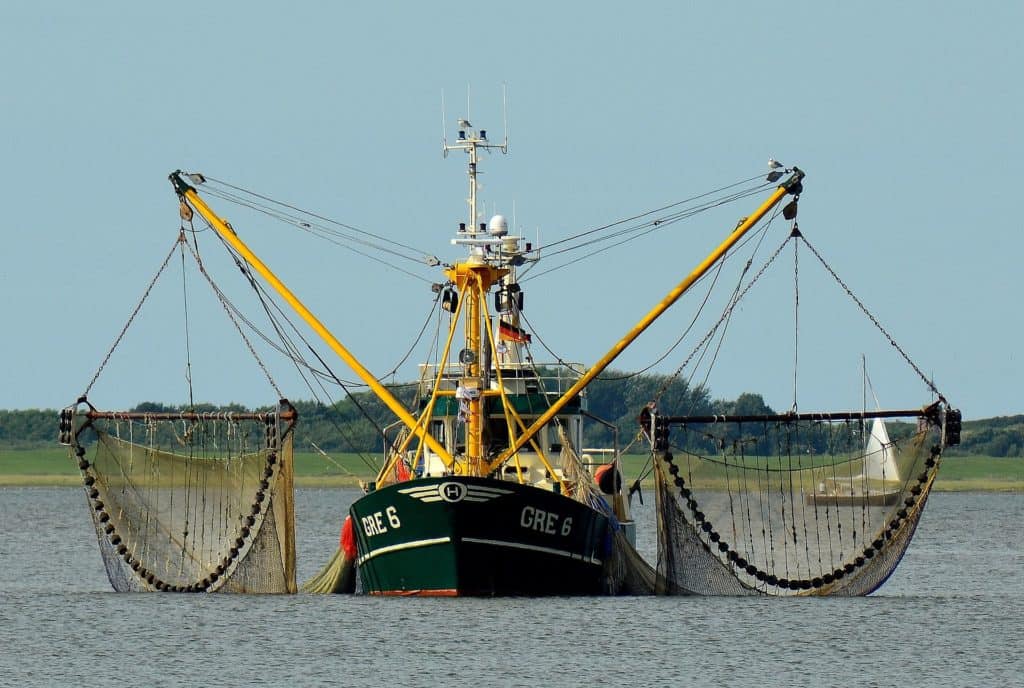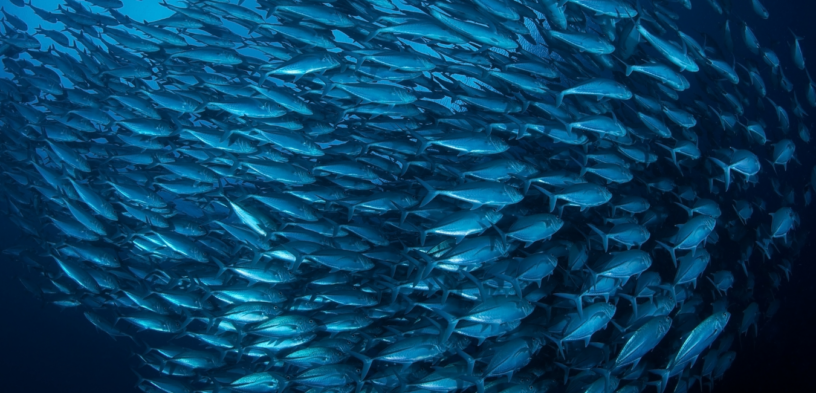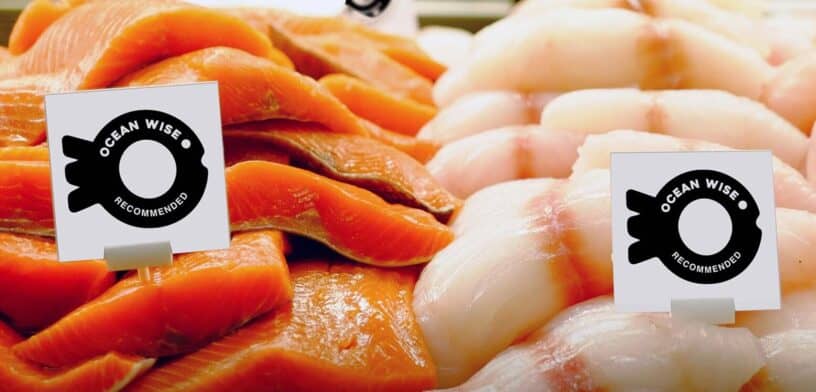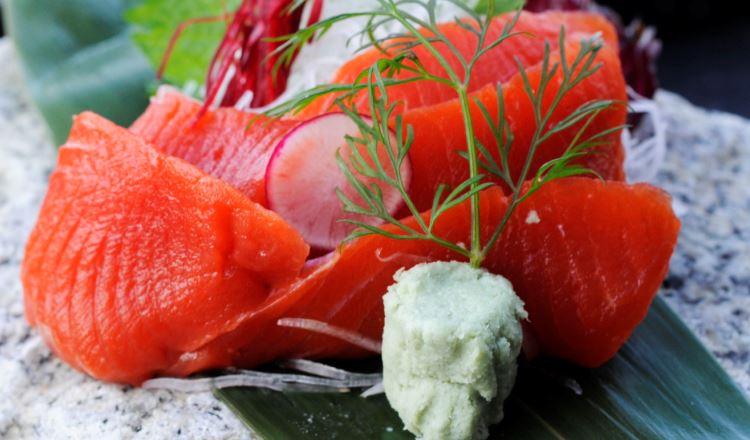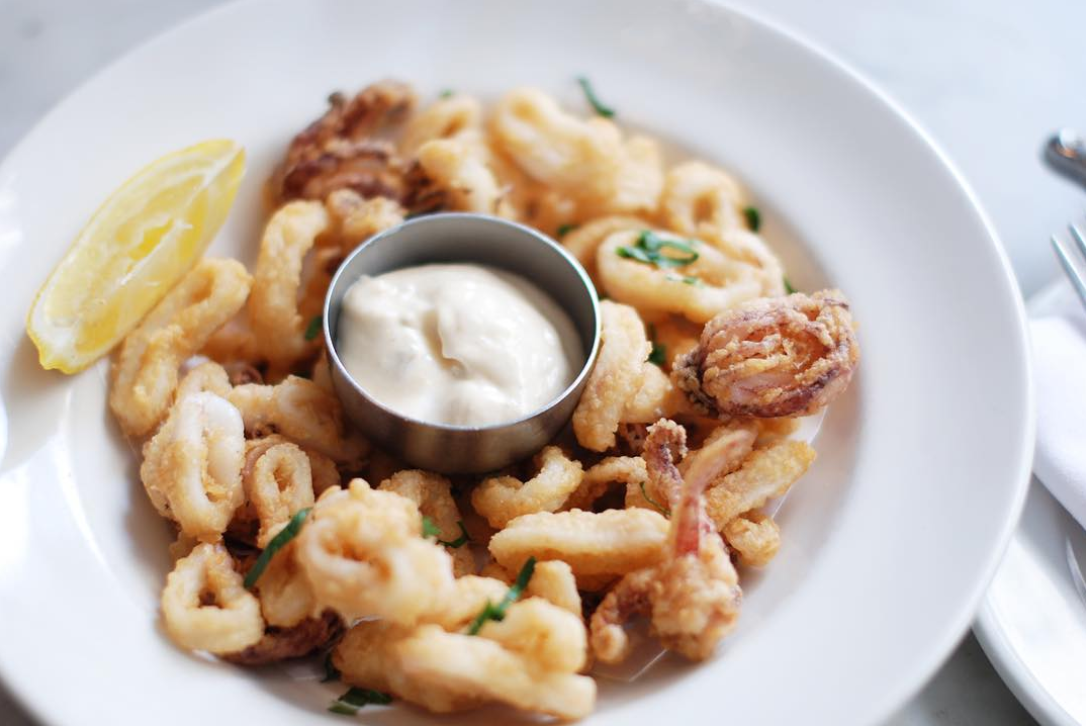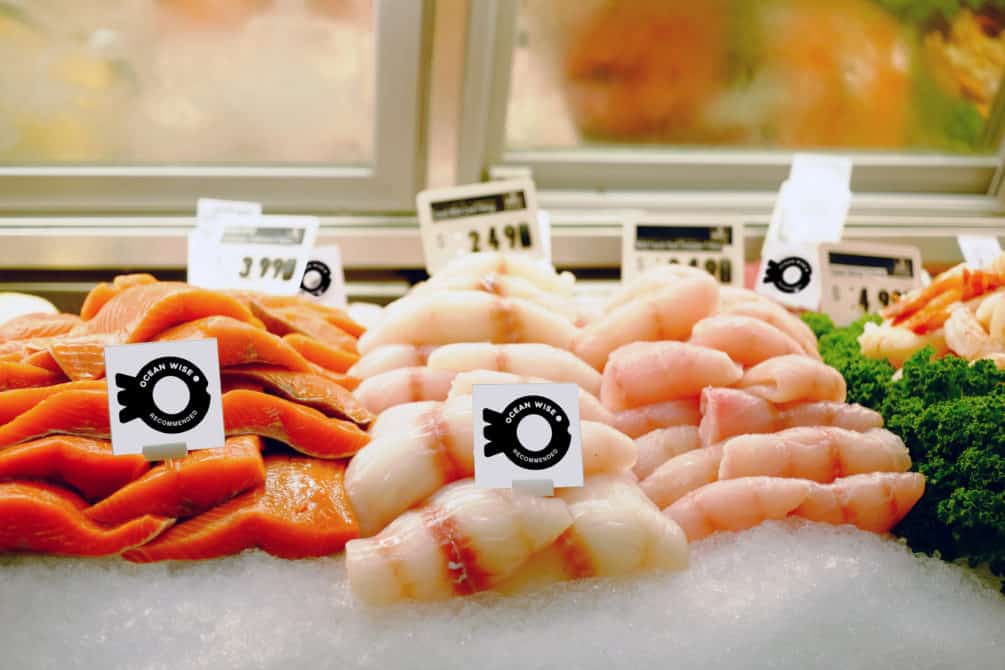
3 Billion
Rely on seafood as an important source of protein
1 in 3
Global fisheries are overfished (FAO 2022 report)
700
Businesses partner with Ocean Wise
3,500+
Ocean Wise Recommended options to choose from
Full plates. Abundant ocean. Thriving industry.
Ocean Wise works with thousands of fishers, restauranteurs and fish mongers who want to make it easy for consumers to support a healthy ocean. Our team of scientists and foodies collaborate with fisheries experts around the world to ensure our Ocean Wise Seafood Recommendations are based on the most thorough and up-to-date information available.
Become an Ocean Wise Seafood Partner
Are you a restaurant, supplier, retailer, or producer of seafood products looking to source and offer more sustainable seafood options? We work continuously with our business partners to keep them up to date with the latest sustainable seafood information, including offering solutions for unsustainable items. We also work directly with fishers to develop and promote best-practices that allow them to meet their sustainability goals and increase the number of Ocean Wise Recommended options they are able to offer.
Contact us
Questions? Comments? Please reach out and a member of our Sustainable Seafood Program will get back to you.
Eat Well and Save the Ocean
Seafood lovers, restaurant owners, chefs, retailers and fishers can all play an important role in restoring our global fish stocks.


